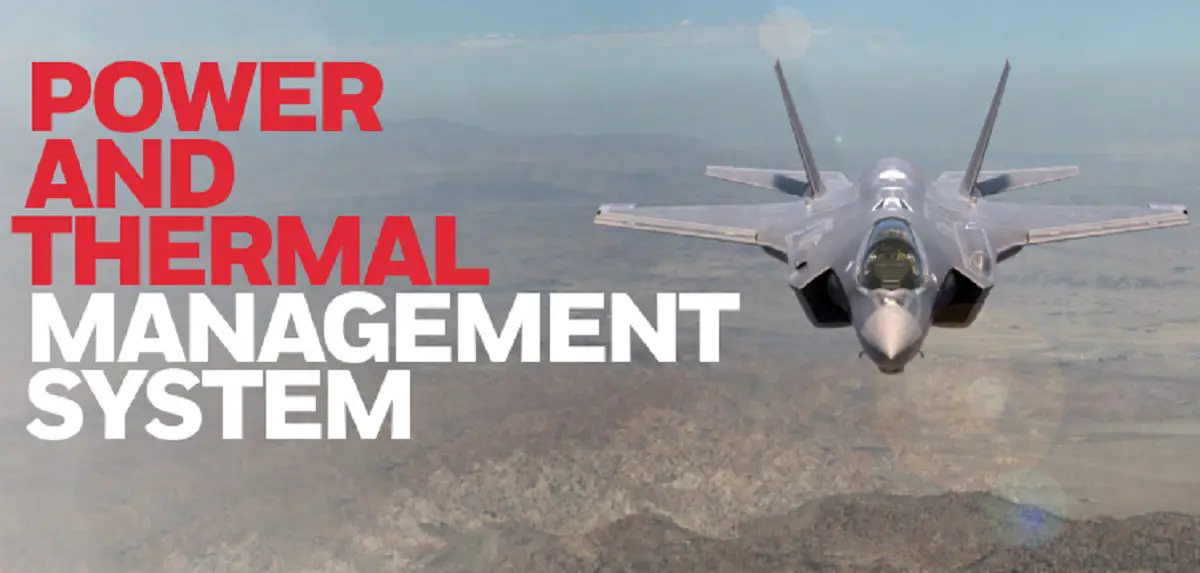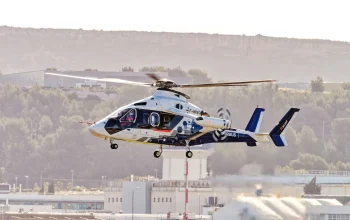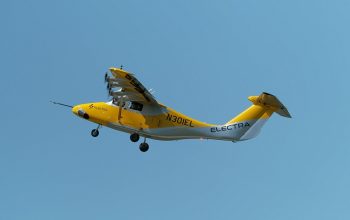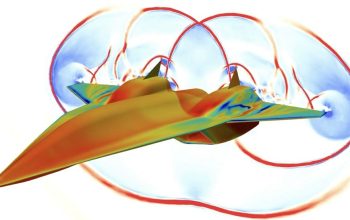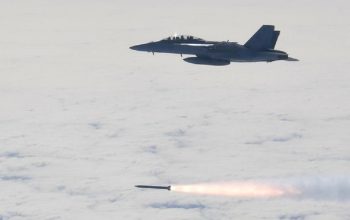In a significant development for the Lockheed Martin F-35 Lightning II fifth-generation fighter aircraft, Honeywell is set to unveil a cooling upgrade to its power and thermal management system (PTMS). Global open-source intelligence company Janes reported that this upgrade initially offering 2 kW of cooling capacity, is slated for a 2024 rollout and will play a pivotal role in supporting the ‘Technology Refresh 3’ (TR-3) standard and early Block 4 enhancements for the F-35. Australia and South Korea are poised to be among the first beneficiaries of this cutting-edge technology. The PTMS is a critical component that harnesses air pressure from the F-35’s Pratt & Whitney F135 engine to effectively cool the aircraft’s heat-generating subsystems, including vital avionics. Furthermore, it plays a multifaceted role by facilitating the F-35’s main engine start, cockpit conditioning, and providing emergency power. The existing PTMS already boasts a cooling capacity of 30 kW for the F-35, but with the introduction of TR-3 and Block 4 capabilities, increased cooling power is required to accommodate more potent user-opted electronic warfare systems and other advanced technologies.
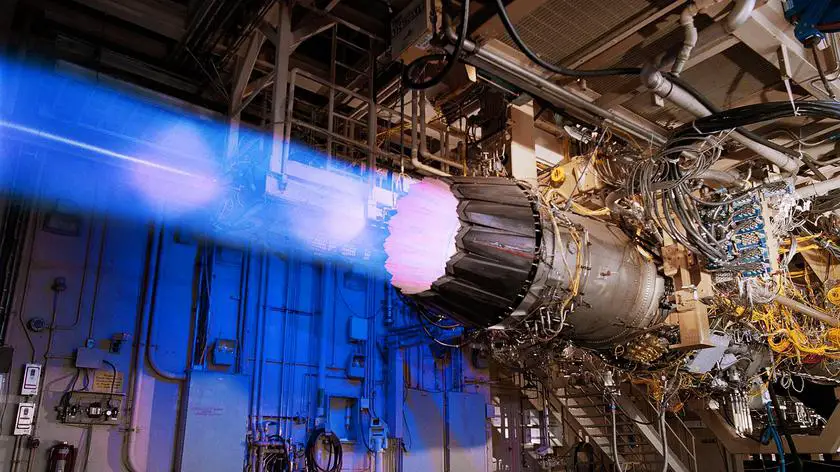
This innovative PTMS developed by Honeywell combines the functions of an auxiliary power unit (APU), emergency power unit (EPU), environmental control system (ECS), and thermal management system (TMS) into a unified system. This integrated approach has significantly reduced the overall size and weight of the F-35 compared to configurations utilizing separate secondary power and cooling systems. Future aircraft, incorporating the more electric architecture (MEA) and energy-efficient aircraft (EEA) initiatives, are expected to benefit from this integrated approach, but they will also necessitate increased electric power generation capability, enhanced cooling capacity, and improved operating efficiency. Anticipating the evolving needs of future aircraft, Honeywell is committed to providing an adaptive power and thermal management system (APTMS). This system can be reconfigured to optimize operation for various flight conditions, diverse missions, and various platforms. Honeywell’s engineers are actively working on incorporating new technologies and architectures, further integration with other aircraft systems, and leveraging advanced control and protection algorithms.
The transition towards more-electric aircraft represents a paradigm shift, encompassing more efficient engines and more reliable electronic actuation systems. PTMS technology has made significant strides over the last decade, and upcoming systems will be even more integrated with the main engine, power generation system, flight controls, and other crucial aircraft systems. Honeywell’s engineers are striving to enhance power extraction, electrical utilization, and thermal management to meet the demands of the next generation of aircraft. As a result, the PTMS will play an integral role in optimizing aircraft performance, reliability, and overall cost-effectiveness. The next generation of PTMS will introduce new architectures, modes of operation, and advanced subsystems and components to achieve higher levels of efficiency. With over 65 years of experience in developing auxiliary power units and a track record of producing more than 100,000 APUs for various aircraft, Honeywell is uniquely positioned to lead the charge in advancing PTMS technology. The company’s expertise in system integration, as demonstrated on projects like the F-35 Joint Strike Fighter and A350, makes Honeywell an invaluable partner for optimizing future aircraft through tighter systems integration.


